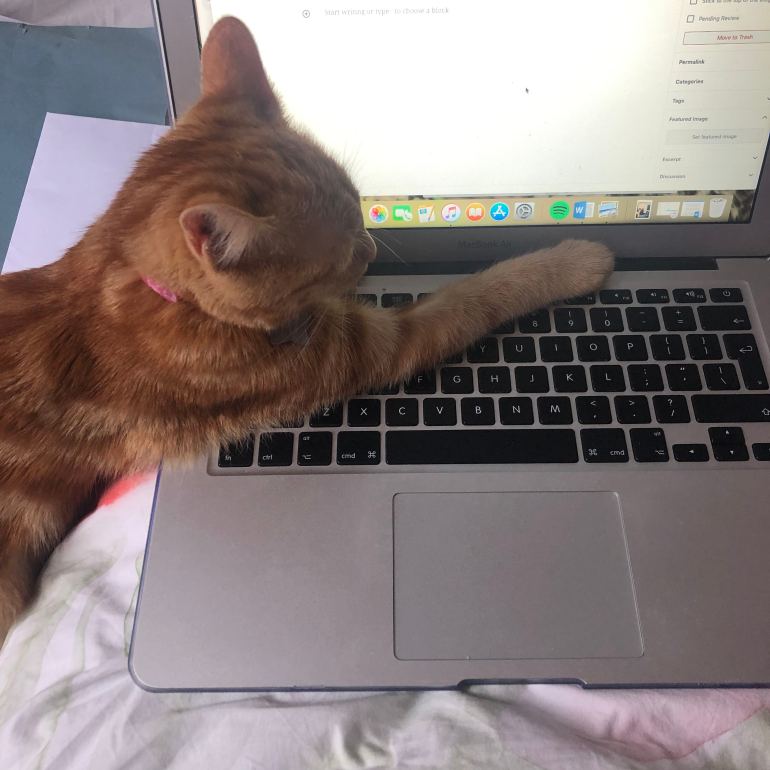October was a busy month. Like excessively busy. I write this from my bed, where I have been for the last 36 hours or so, knocked down by flu. I’ve been keeping it at bay for over two weeks and finally, after coughing my way through a meeting yesterday morning, I decided it was time for bed rest.
Why is it so hard to admit the need for rest? Does anyone else struggle with this?
For me, a lot of my feelings regarding rest have been shaped by the academy – that bastion of overwork, competition, and regular exhaustion. You guys know I nearly burnt out in June. So why is it so difficult for me to admit that I’m sick? Or that I actually need a day off to allow my body to sleep?
I was contemplating this last week, as I waited in Frankfurt airport for a flight to bring me home. I could feel the illness in my bones. Taking up space in my lungs. I had just emailed my boss asking if I would be able to get any of the additional time I’d worked that week back. I had attended an evening function on behalf of my group on the Monday night, not getting home until gone 11pm. On the Wednesday I was up before 4am to catch a flight to Milan for a networking meeting. Wednesday was an 18-hour day before it was over. And on Thursday I was up early again to attend more meetings and then travel home. This was following on from a relentless two weeks of three events, emails that never ceased, and (theoretical) fire fighting for days.
Suffice to say I was exhausted. And I know I volunteered for the additional traveling. I love travelling. But that didn’t mean I could continue as normal.
My boss replied to say he was seeking our director’s views on my request. I am still waiting to hear what he said, if anything.
I am aware that this is how my contract works. I don’t get overtime. I am expected to ‘work the hours required to get the job done’. And sometimes I have to travel for work too.

It occurred to me, as I sat eating delicious soup in the airport, that this type of working is hugely assumptive (is that a word?) of able-bodied-ness.
It assumes a working body able to work 18 hour days, even if these occur irregularly.
It assumes a body able to walk miles in airports, climb up and down stairs, negotiate luggage.
It assumes a body able to stand for long periods of time – whether queuing or networking.
It assumes a body able to cope with early starts, late finishes. (I am fortunate to not have strenuous caring responsibilities at this time, but it assumes a support system too).
It assumes a body easily able to cope with stress.
Of course, I have only noticed these things now because I live with a chronic illness (endometriosis) that affects my energy levels, is often fatiguing, can render me doubled over with pain, causes a lot of back pain and is aggravated by stress and exhaustion.
I have been privileged to work for a long time as an able body. But learning that I am not the same any more – that I require additional rest, and less stress – is an on-going process. Learning to turn down travel opportunities, managing my work load, learning to say no are all things I am constantly working on. This past month was just a gentle reminder from my body that I cannot work as I used to, that I will have to accept change. And my body will force me to rest if it must.
I need to take a leaf from Pan Cat’s book. She is good at rest.

How do you prioritise rest? What works for you?